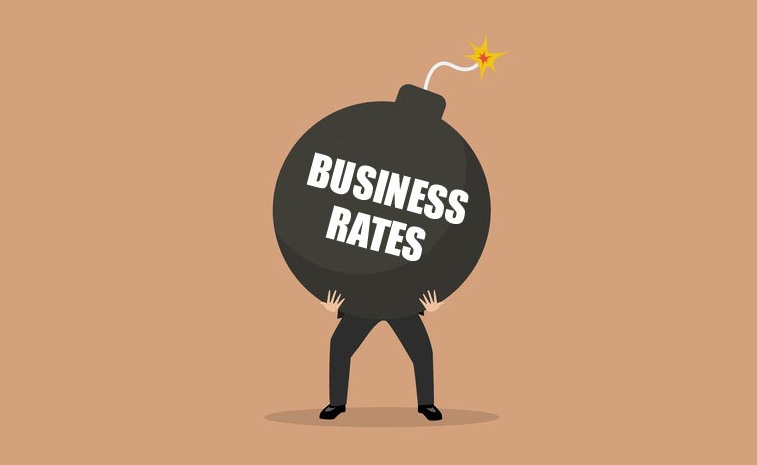Will Business Rates be put at the bottom of the in-tray again?
Commentary
At the start of this decade – and we are now in the second decade of the 21st century – the country saw a coalition government formed and David Cameron welcomed the report by the so-called “Queen of Shops,” Mary Portas, on how to re-energise the UK’s high streets.
In 2014 the Prime Minister promised radical changes in the tax after acknowledging an imbalance between high street and online retailers. When addressing the Federation of Small Businesses conference, David Cameron said “I think we do need to look at longer term reform – I think we’ve got to start addressing this issue, particularly this issue about internet retailing and high-street retailing.”
Both main parties have promised business rates reforms in their manifestos. The Conservatives have promised to conduct more frequent revaluations than the current five year intervals – although the last one was seven – introduce the possibility of self-assessments and update the system to address online businesses. However, the party has not given timelines for these propositions.
Labour have suggested a package of reforms to business rates, including switching from RPI to CPI indexation and creating a new appeals system while reviewing the entire business rates system in the longer run.
Unfortunately while ‘Nero fiddles, Rome burns’ – any significant reform is now well overdue. The progress of on-line shopping, the shorter and more focussed shopping trips for click and collect and the increasing flexibility of home deliveries mean that if the high street is to keep up with our rapidly changing lifestyles, businesses need to have the support to adapt quickly. This means a low cost entry for new and innovative businesses on our high street who are not burdened with high fixed costs before they even start. A clunky business rates system is well overdue for change.
Plea to the new government – ‘Please do not put ‘Business rates reform’ at the bottom of the in-tray again.

